Heat pumps – Emerging trends in the Australian market
The Australian Government’s Department of Climate Change, Energy, the Envirnment and Water has published report aimed at assessing whether the focus to increase heat pumps would significantly impact Australia’s demand for HFCs and impact the phasedown. The main findings are that despite the expected surge of heat pump sales in Australia, there will not be an equivalent increase in bulk HFC demand (which Kigali is focused on). The additional HFC usage is estimated to be 0.071 million tonnes of carbon dioxide equivalent which is a little over 4 per cent of Australia’s Montreal Protocol limit of 1.622 million tonnes CO2e in 2036. This is due to the significant increase in HFC coming from imported equipment ,which has a low servicing requirement as it is in sealed systems which have low leak rates (similar to a household refrigerator).
The Report has identified that there will be an increased largest emission risk from this equipment type from how products are managed at disposal/end-of-life in the absence of any end-of-life recycling programs.
Findings of NZ study on heat pumps for home heating
Warmer Kiwi Homes is an Energy Efficiency and Conservation Authority (EECA) programme aimed at making homes warmer, drier and healthier. EECA does this by offering grants to owner-occupying homeowners for home insulation and/or an efficient heater.
EECA commissioned Motu Research to investigate the impact of heat pumps installed under the Warmer Kiwi Homes programme. In response, Motu Research set up the Warmer Kiwis Study in 2021.


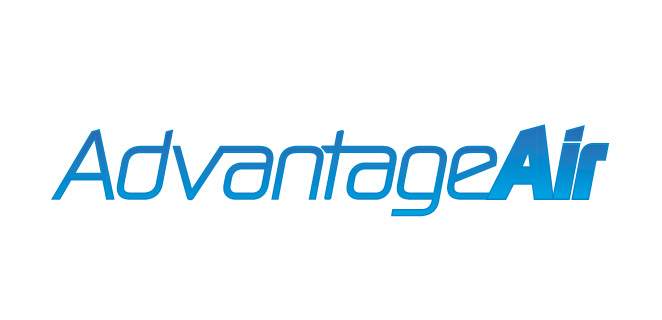








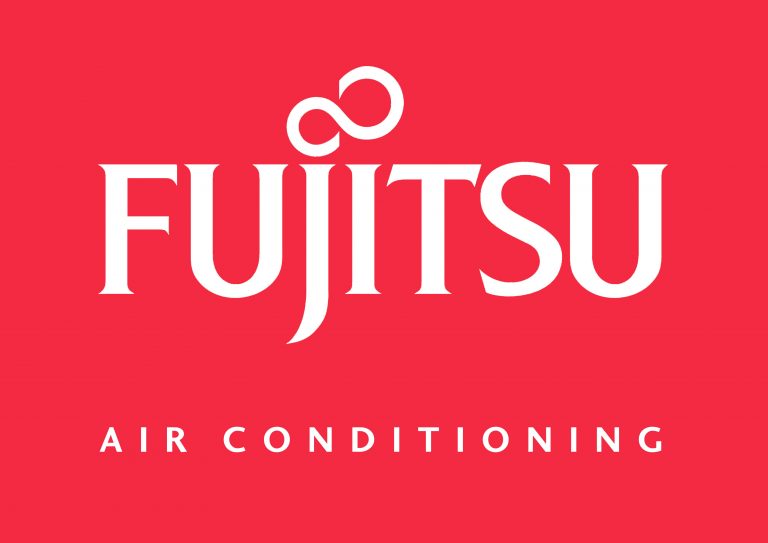
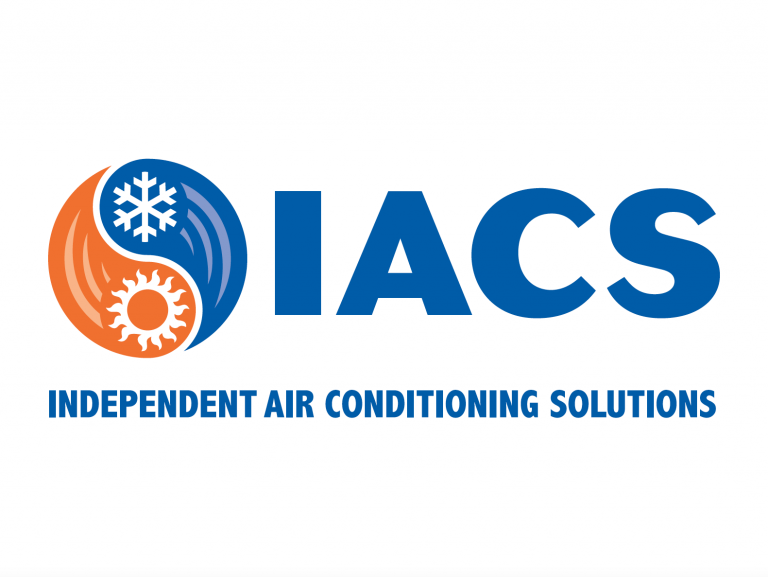



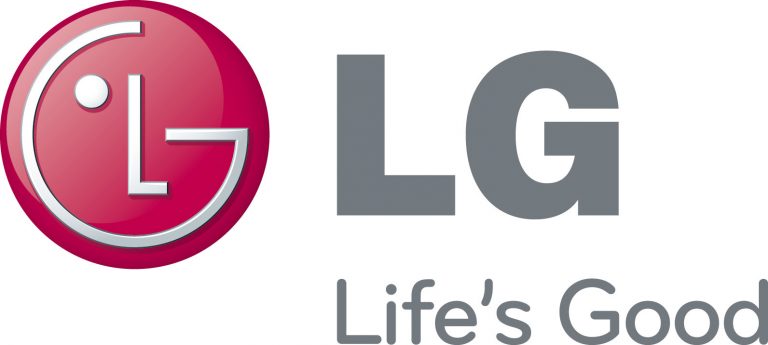
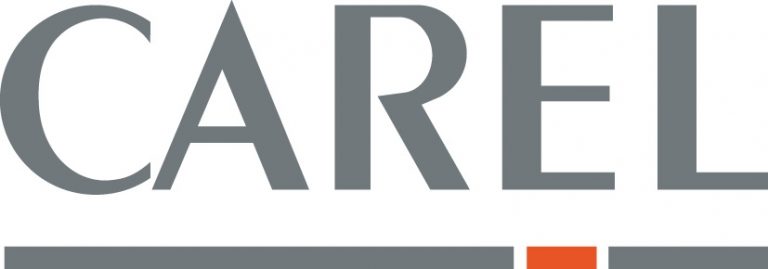



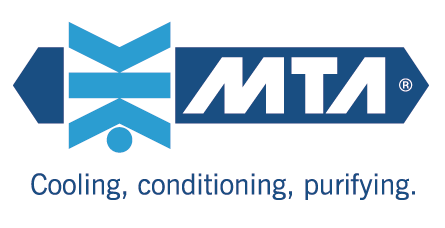

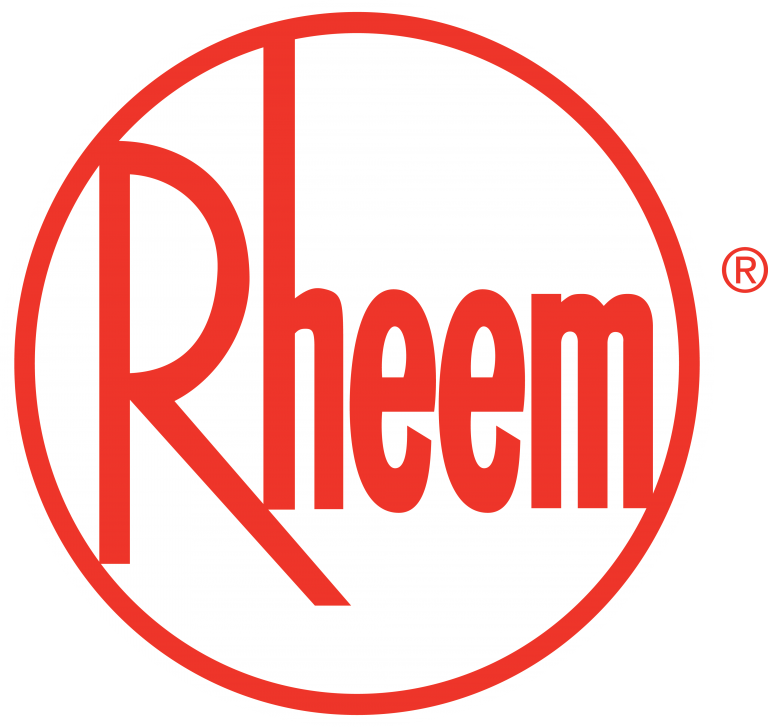




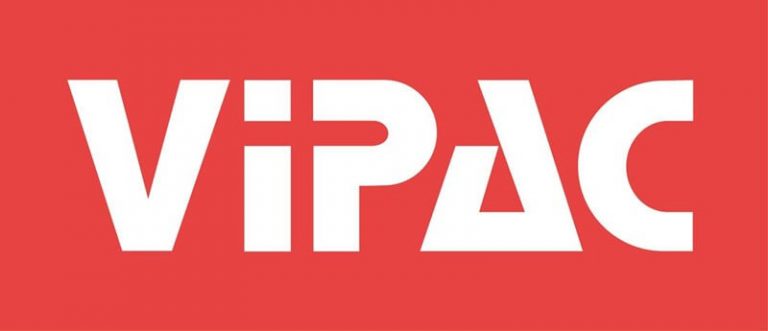































The Secretariat,
PO Box 3507
Newmarket
QLD 4051
Phone: 1300 413 011
Email: [email protected]
Airconditioning and Refrigerant Equipment Manufacturers Association of Australia
Australia’s leading HVAC industry association representing companies actively engaged in the manufacture and marketing of air filtration, air-conditioning and refrigeration equipment throughout Australia.
Please log into the site.